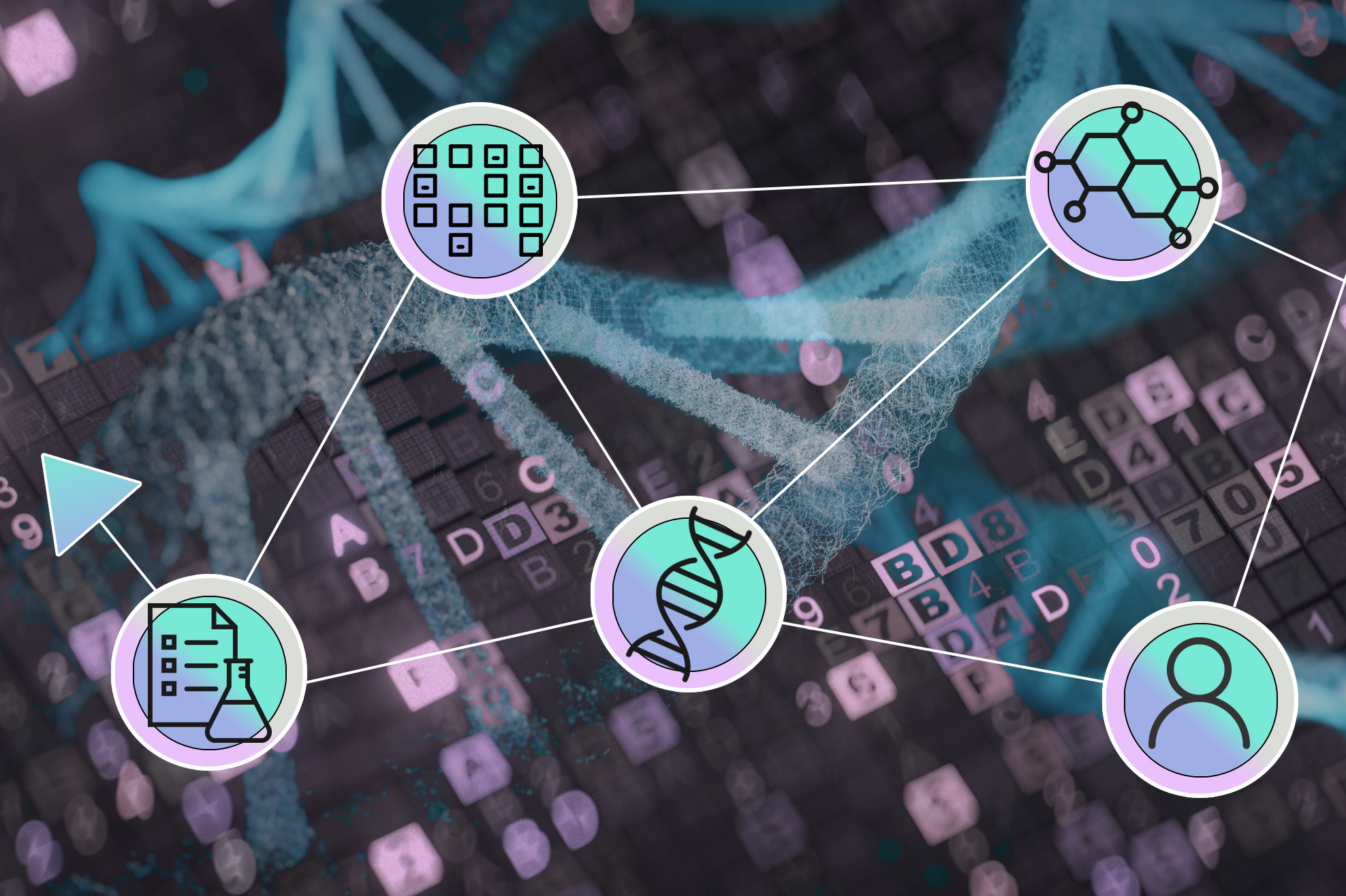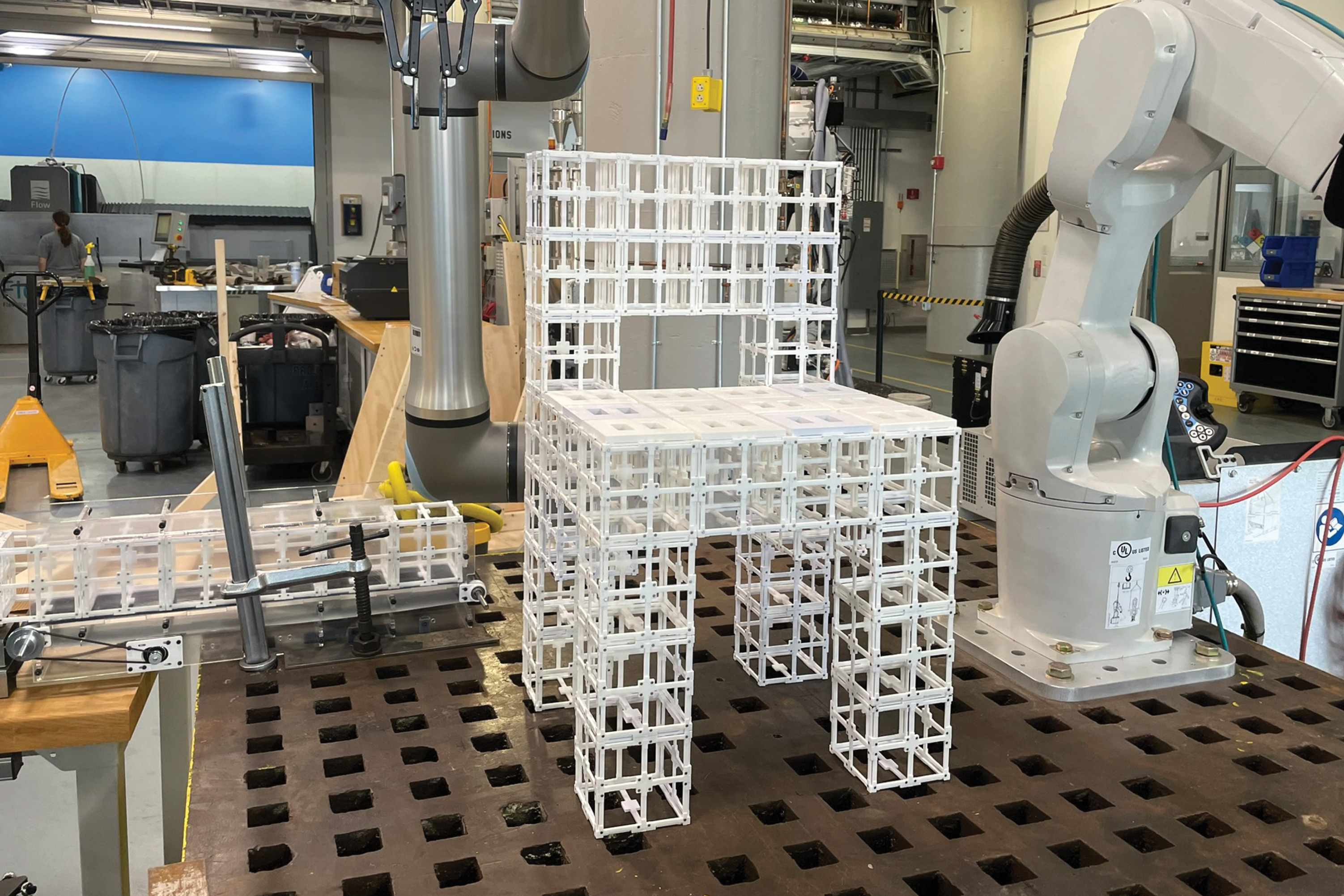Introduction to Watershed Bio
As costs for diagnostic and sequencing technologies have plummeted in recent years, researchers have collected an unprecedented amount of data around disease and biology. Unfortunately, scientists hoping to go from data to new cures often require help from someone with experience in software engineering.
The Problem with Data Analysis in Biology
Scientists want to learn about the software and data science parts of the field, but they don’t want to become software engineers writing code just to understand their data. The data in biology is growing exponentially, and the sequencing technologies generating this data are only getting better and cheaper. Coming from MIT, this issue was right in the wheelhouse: It’s a tough technical problem. It’s also a meaningful problem because these people are working to treat diseases. They know all this data has value, but they struggle to use it.
The Solution: Watershed Bio
Watershed Bio is helping scientists and bioinformaticians run experiments and get insights with a platform that lets users analyze complex datasets regardless of their computational skills. The cloud-based platform provides workflow templates and a customizable interface to help users explore and share data of all types, including whole-genome sequencing, transcriptomics, proteomics, metabolomics, high-content imaging, protein folding, and more.
No Code Discovery
Wang expected to major in biology at MIT, but he quickly got excited by the possibilities of building solutions that scaled to millions of people with computer science. He ended up earning both his bachelor’s and master’s degrees from the Department of Electrical Engineering and Computer Science (EECS). Wang also interned at a biology lab at MIT, where he was surprised how slow and labor-intensive experiments were.
The Founding of Watershed Bio
Wang officially founded Watershed in 2019 with physician Mark Kalinich ’13, a former classmate at MIT who is no longer involved in day-to-day operations of the company. Wang has since heard from biotech and pharmaceutical executives about the growing complexity of biology research. Unlocking new insights increasingly involves analyzing data from entire genomes, population studies, RNA sequencing, mass spectrometry, and more.
Accelerating Biology
Wang believes Watershed is helping biologists keep up with the latest advances in biology and accelerating scientific discovery in the process. If you can help scientists unlock insights not a little bit faster, but 10 or 20 times faster, it can really make a difference. Watershed is being used by researchers in academia and in companies of all sizes. Executives at biotech and pharmaceutical companies also use Watershed to make decisions about new experiments and drug candidates.
Conclusion
Watershed Bio is making a significant impact in the field of biology by providing a platform that allows scientists to analyze complex datasets without requiring extensive computational skills. By accelerating the discovery process, Watershed is helping biologists unlock new insights and make progress in treating diseases. With its customizable interface and workflow templates, Watershed is an essential tool for researchers in academia and industry.
FAQs
- What is Watershed Bio?
Watershed Bio is a cloud-based platform that allows users to analyze complex datasets in biology without requiring extensive computational skills. - What types of data can be analyzed on Watershed Bio?
Watershed Bio can analyze whole-genome sequencing, transcriptomics, proteomics, metabolomics, high-content imaging, protein folding, and more. - Who is using Watershed Bio?
Watershed Bio is being used by researchers in academia and in companies of all sizes, as well as executives at biotech and pharmaceutical companies. - What is the goal of Watershed Bio?
The goal of Watershed Bio is to accelerate scientific discovery in biology by providing a platform that allows scientists to analyze complex datasets quickly and easily. - How is Watershed Bio helping biologists?
Watershed Bio is helping biologists keep up with the latest advances in biology and accelerating scientific discovery in the process by providing a platform that allows them to analyze complex datasets quickly and easily.











